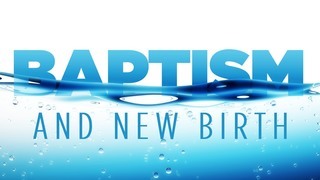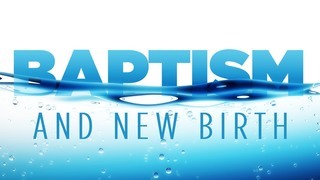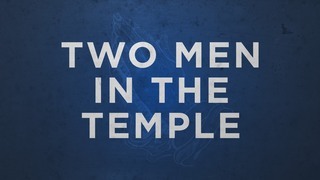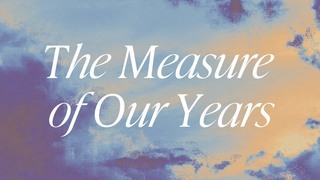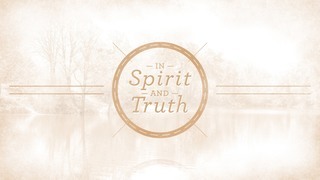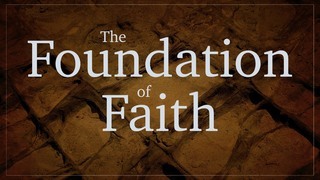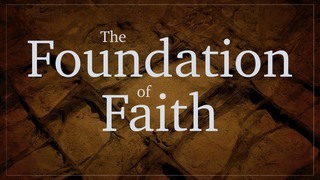How to Start Your Day
Update: 2025-07-20
Description
John Mulligan’s sermon this week, “How to Start Your Day,” drew from Psalm 5:1–3 to encourage a purposeful, prayerful approach to mornings. Highlighting how Jesus Himself began His days in quiet communion with the Father, John pointed out that Scripture consistently elevates the importance of using our limited time wisely. Mornings, he emphasized, can set the tone for everything that follows. Just as David opened his day by laying his requests before God and waiting expectantly, believers today can start with the same mindset: going to God directly, reverently, and with intention.
Psalm 5 offers five simple yet powerful insights about morning prayer. First, we can go to God directly—without appointments, intermediaries, or delays. Second, we should approach Him humbly, recognizing His majesty while acknowledging our dependence. Third, our prayers should be personal, as David models with repeated references to “my” lament, “my” King, and “my” voice. Fourth, we are invited to be consistent—coming to God not just occasionally, but as a regular rhythm of life. And fifth, we are called to pray expectantly, trusting that God hears and acts in His perfect timing, even when outcomes aren’t immediate or clear.
Starting the day with God isn’t about checking off a box or earning favor—it’s about orienting ourselves toward the One who guides, strengthens, and sustains. Whether our prayers are long or brief, structured or spontaneous, spoken or silent, the simple act of turning to God each morning acknowledges His place at the center of our lives. It’s not about being a “morning person,” but about being a faithful one. As we begin each day, we’re invited to meet God with trust and purpose—and to see how He shapes the hours that follow.
Psalm 5 offers five simple yet powerful insights about morning prayer. First, we can go to God directly—without appointments, intermediaries, or delays. Second, we should approach Him humbly, recognizing His majesty while acknowledging our dependence. Third, our prayers should be personal, as David models with repeated references to “my” lament, “my” King, and “my” voice. Fourth, we are invited to be consistent—coming to God not just occasionally, but as a regular rhythm of life. And fifth, we are called to pray expectantly, trusting that God hears and acts in His perfect timing, even when outcomes aren’t immediate or clear.
Starting the day with God isn’t about checking off a box or earning favor—it’s about orienting ourselves toward the One who guides, strengthens, and sustains. Whether our prayers are long or brief, structured or spontaneous, spoken or silent, the simple act of turning to God each morning acknowledges His place at the center of our lives. It’s not about being a “morning person,” but about being a faithful one. As we begin each day, we’re invited to meet God with trust and purpose—and to see how He shapes the hours that follow.
Comments
In Channel


